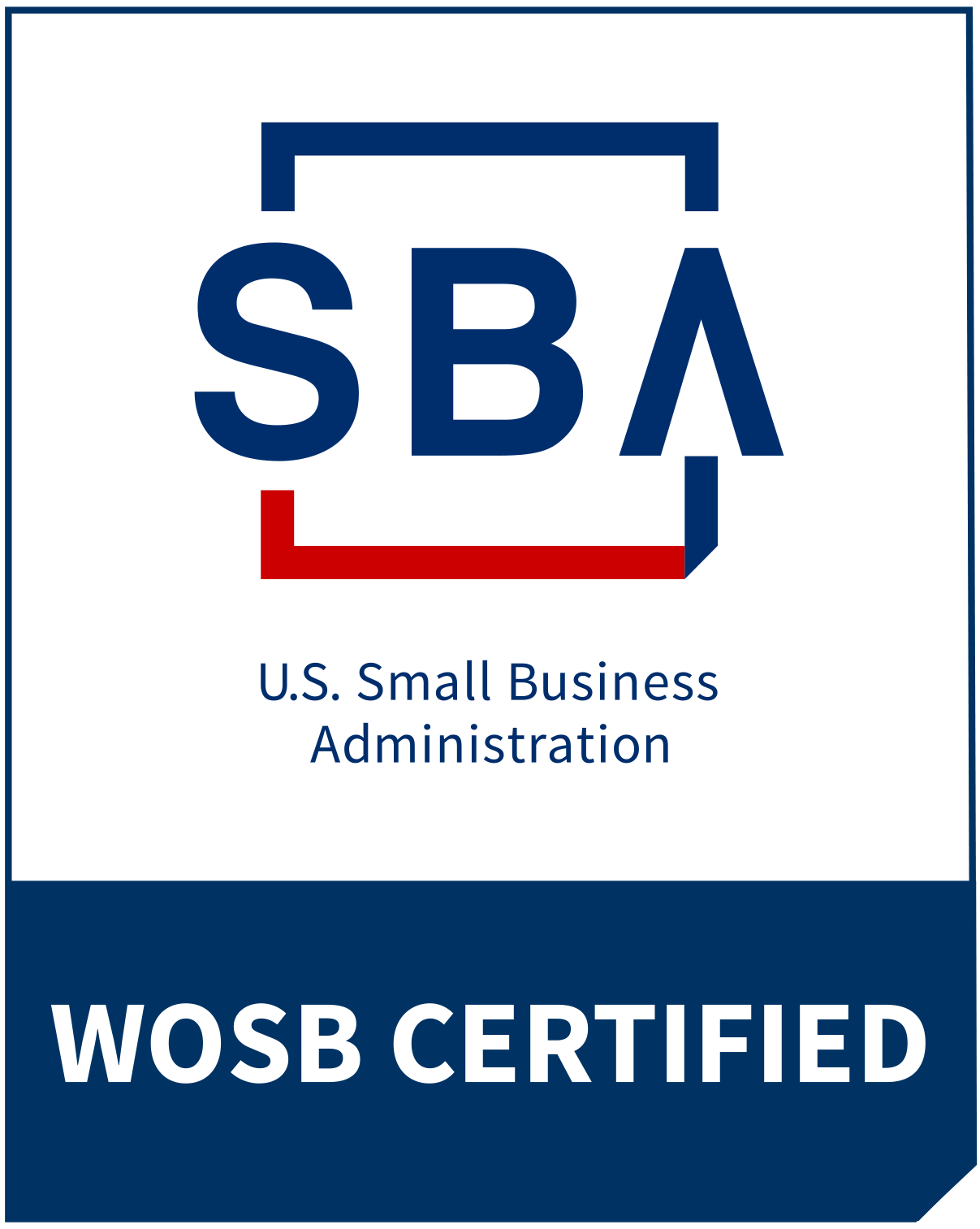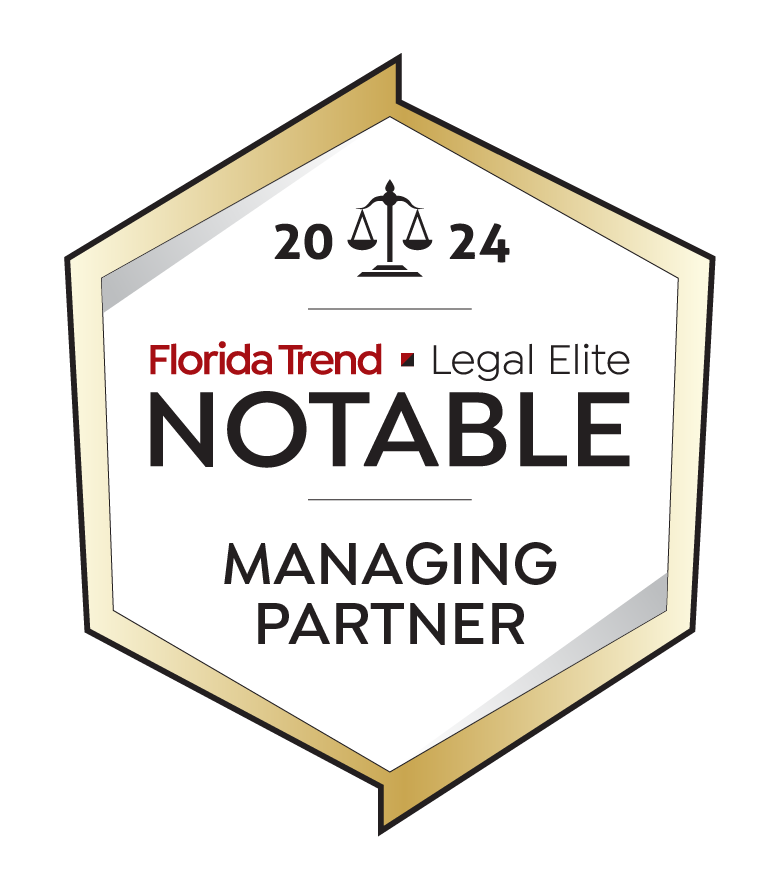The legal process through which a court ensures that a decedent’s wishes are followed is called probate. A probate court has the power to interpret important documents like wills (if one exists), oversee the actions of a personal representative, and close out an estate. It is important that you work with a reliable probate attorney to keep your legal rights in mind during this process. You may have the ability to contest the validity of a last will and testament, present a valid will to the court, or argue that the court should grant you property rights.
A West Miami probate lawyer can provide essential guidance concerning this incredibly important process, such as explaining your legal rights and fighting to protect those rights in court.
When is Probate Necessary?
Probate must occur after any person’s death. Probate court functions as a way to ensure that a decedent’s estate is properly taken care of and that a decedent’s wishes become a reality. There are two ways for probate to occur: formal administration (which follows the traditional rules) and summary administration (in which the court may make a determination without an executor if the person has been deceased for over two years, or if the final value of the estate is $75,000 or less).
A probate court cannot automatically begin the process. The probate process in West Miami begins when any interested person files petitions to start the administration of an estate. Any person has the ability to file the will, if one exists, according to Florida Statute § 733.202.
Authenticating this will is one of the primary purposes of the probate court. Individuals who believe that a will is invalid due to fraud or other illegal activity have the chance to file a complaint in court. On the other hand, parties who stand to inherit money or property under a last will and testament have the opportunity to defend a will’s authenticity. A West Miami probate attorney can take over this role during estate litigation or trust litigation.
The Powers and Duties of Executors
A formal administration in Florida will have an executor who is responsible for overseeing the decedent’s estate. To this end, they have the exclusive power to settle debts and distribute property according to the terms of a will or even if one does not exist.
Executors can come into this power in one of two ways. A valid last will and testament usually nominates a person to serve as an executor. As long as the court has no reason to dismiss this choice, this party usually serves in this role. If the will does not nominate a person, the court will take it upon itself to name an executor.
The actions that an executor takes are the other source of potential legal arguments that might come up during the probate process. Executors have a legal duty to both the courts and the members of the estate to perform their duties in good faith. Either the court or the estate may hold the executor personally liable if they fail in this duty. A probate lawyer could investigate the actions of an executor in West Miami or help nominated parties fulfill their roles within the limits of the law.
Contact a West Miami Probate Attorney for Help Today
The probate process is an event that occurs after a person’s death. It exists to ensure the proper administration of a decedent’s estate and to authenticate any testamentary documents.
These processes could raise many legal questions, such as whether a will is valid under the law, the court should apply the state’s intestacy laws, or an executor has properly performed their duties. A West Miami probate lawyer can help you by challenging a will, presenting testamentary documents to the court, or providing guidance if you are named as an executor or beneficiary of an estate. Speak with our team now for a free consultation.



























